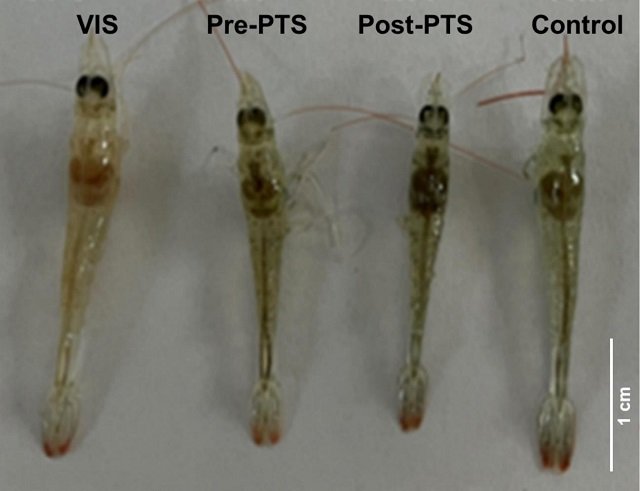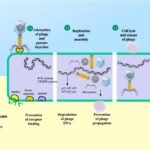by University of Copenhagen
A team of researchers from England, Scotland, Norway, and Denmark have joined forces to develop a safe and efficient phage therapy approach to control the bacteria Pasteurella in Atlantic Salmon farms. Employing phages is a promising alternative to antibiotics and will help the aquaculture industry to become more sustainable.
n a newly released video, the researchers behind the project reveal how phages can help fight diseases not only in fish but also in swine and poultry. The project is lead by the Center for Evolutionary Hologenomics at the Globe Institute and has received 9,581,000 NOK in funding from the Norwegian Seafood Research Council FHF.
Self-replicating medicine
Pasteurella is a bacterium that causes infections in various organs, makes boils and fistulas, and causes the fish to get sepsis and die. Applying phages to salmon farms is very promising because the phages are very specific and can work as a self-replicating medicine at the site of infection without killing or harming the rest of the “good” bacteria.
What are the future possibilities of phages?
“Phages have an enormous potential to fight and control bacterial infections both in industrial and clinical settings. They cannot harm our own cells as they are only able to infect bacteria, which makes them a great precision medicine tool”, says Professor Thomas Sicheritz-Pontén.
The research project is funded by the Norwegian Seafood Research Fund.
Contact:
Professor Thomas Sicheritz-Pontén
Editor at the digital magazine AquaHoy. He holds a degree in Aquaculture Biology from the National University of Santa (UNS) and a Master’s degree in Science and Innovation Management from the Polytechnic University of Valencia, with postgraduate diplomas in Business Innovation and Innovation Management. He possesses extensive experience in the aquaculture and fisheries sector, having led the Fisheries Innovation Unit of the National Program for Innovation in Fisheries and Aquaculture (PNIPA). He has served as a senior consultant in technology watch, an innovation project formulator and advisor, and a lecturer at UNS. He is a member of the Peruvian College of Biologists and was recognized by the World Aquaculture Society (WAS) in 2016 for his contribution to aquaculture.







